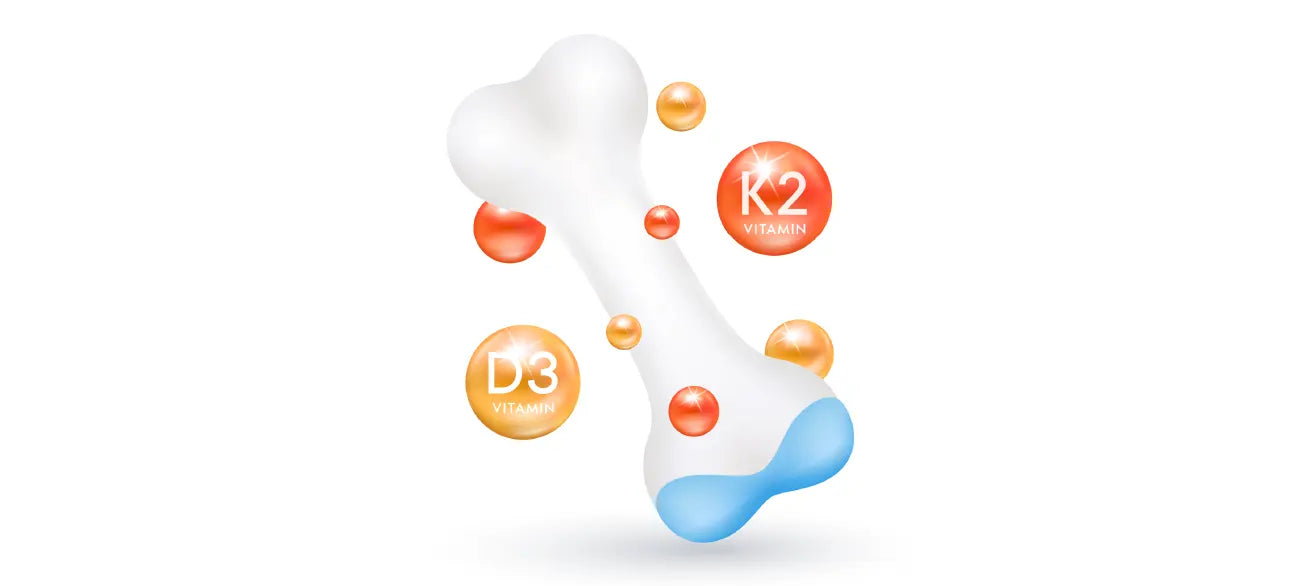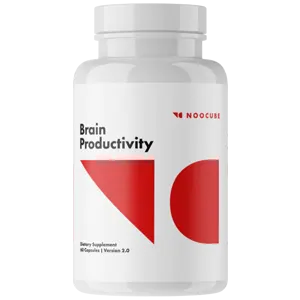Health Benefits of Magnesium and Zinc: Your Complete Guide to These Essential Minerals
Explore the benefits of magnesium and zinc, two vital minerals that support energy, immune function, muscle health, and more. This guide covers how they improve your well-being.
Advertiser Disclosure: We independently select all the products. If you click through links we provide, we may earn a commission.

When it comes to minerals in wellness, magnesium and zinc always seem to offer the biggest health advantages. These important nutrients have been talked about a lot lately, for several good reasons.
There are many good reasons to consume magnesium or zinc, but it is especially interesting to learn how these two minerals complement each other in supporting our body. Both immune function and energy production are improved when these vital minerals interact with each other.
Let’s see this in a detailed way.
What Is Magnesium?
Magnesium is important because it helps your body control over 300 different enzymes, making it vital for strong health. Magnesium helps with the health of your muscles, nerves, energy production, sleep, and bone structure.
You need enough magnesium in your body for protein formation and blood sugar regulation. A great way to get magnesium is by eating vegetables, nuts and seeds, whole grains, and legumes. Despite being crucial for health, several sources point out that few people get enough magnesium in their food every day.
What Is Zinc?
Next, we’ll understand what zinc is and the reasons your body needs it. This mineral is surprisingly crucial for many important functions in the body. Zinc Benefits for Men include supporting a healthy immune system, healing wounds, making DNA, and helping maintain your ability to taste and smell.
Zinc is most widely recognized for boosting immunity, since it helps T-cells and contributes to making antibodies that keep infections at bay.
Besides, zinc is required for healthy reproductive function, the health of your skin, and good mental performance.
Among the foods high in zinc are lean proteins, shellfish, chickpeas and lentils, as well as seeds, nuts, dairy, and whole-grain foods.
According to Sarah Mitchell, Registered Dietitian and Nutrition Scientist
Magnesium and zinc are essential minerals that play complementary roles in maintaining overall health, from immune support to cognitive function. Ensuring optimal intake of these nutrients can enhance energy metabolism, support recovery, and promote restful sleep.
Shared Benefits of Magnesium and Zinc
The impact of magnesium and zinc is even greater when we study how they team together to help your immune system and health. Benefits of Zinc include enhancing immune response, supporting wound healing, and promoting overall cellular function.
- Immune Support: Both minerals are important for immune health. Magnesium is involved in turning vitamin D on, regulating responses of the immune system, and zinc improves how the immune system’s cells perform. Both work together to shield the body from getting infections and various illnesses.
- Mood & Brain Health: By taking these mood and mineral supplements together, you boost your mental health. Nature’s relaxant, magnesium, helps calm the nerves and lessen our stress hormones. In addition, zinc is essential for making and managing neurotransmitters, mainly serotonin and dopamine, which both affect mood and cognitive health. This powerful combination is often found in the best cognitive support supplements for enhanced brain function.
- Hormonal Health: Proper levels of these minerals are needed to ensure optimal hormones. Magnesium helps with sex hormones, and zinc is necessary for men’s testosterone production and may also help ease some PMS symptoms in women. They also contribute to a healthy thyroid.
- Sleep & Relaxation: Sleeping with a little bit of relaxation helps anyone fall asleep faster and more deeply. Magnesium helps activate the relaxing system in your body and prepares you for a good night’s sleep. Some evidence suggests that supplemental melatonin, magnesium, and zinc appears to improve how long and how well someone sleeps.
- Energy & Metabolism: Both minerals work as cofactors to help the body produce energy. ATP (energy) is made with the help of magnesium and zinc support the healthy function of enzymes. Both types of vitamins work hand in hand to change the food you consume into energy for your body.
Magnesium and Zinc for Recovery & Performance
Those who are athletes or interested in fitness can see the biggest benefits from correct levels of both minerals. Taking magnesium is key because it works against cramps in muscles, supports their smooth movement, and soothes muscles afterward to help them recover more quickly.
The essential mineral zinc is also important for recovery because it helps repair tissues and make proteins that are needed for muscle growth after an injury. Besides, this mineral decreases the burden of oxidative stress related to intense physical efforts, which protects cells.
Supplementation with both Zinc and Magnesium may positively influence athletic performance, energy metabolism, and recovery post-exercise. As it offers full workout mineral support, many sports drinks and supplements have both of these minerals included. By working as a team, electrolytes help control the body’s fluids, supply energy when you exercise, and improve your recovery.
Can You Combine Magnesium and Zinc in Your Diet?
Magnesium and zinc can be taken together safely, and if managed, it is usually advantageous. It is fine to take zinc and magnesium together. That is true, as you just need to stick to the correct dose and time your medication as directed.
It seems these minerals, as a group, can benefit you more if taken proportionately. Still, you should think about how much zinc and magnesium you take, as well as when you take them.
The majority of people might benefit from the two together, provided they are taken with food to avoid upsetting the stomach. Ideally, people should not take too much zinc everyday, since it might cause issues related to magnesium and copper uptake.
Magnesium and zinc should be taken together and with food, and you should stick to the advised daily levels, unless your doctor advises otherwise.
Deficiency Signs to Watch Out For
Recognizing signs of magnesium deficiency is crucial for maintaining optimal health:
- Fatigue and weakness - Often the first sign of insufficient magnesium levels
- Muscle cramps and spasms - Particularly common in the legs and feet
- Poor sleep quality - Difficulty falling asleep or staying asleep
- Irregular heartbeat - Magnesium helps maintain normal heart rhythm
- Mood changes - Including irritability, anxiety, and depression
Zinc deficiency symptoms to monitor include:
- Frequent illness - Getting sick more often than usual due to compromised immunity
- Slow wound healing - Cuts and scrapes take longer to heal
- Hair loss - Unexplained thinning or loss of hair
- Reduced taste and smell - Foods may taste bland or smell diminished
- Skin issues - including persistent acne, rashes, or dry skin
 Key Indicators Of A Defficiency to Watch For
Key Indicators Of A Defficiency to Watch For
Understanding these low magnesium and zinc effects can help you identify potential deficiencies early and address them through diet or supplementation.
Can You Take Magnesium and Zinc Together?
Many foods such as almonds, soybeans, pumpkin seeds, cockles, and plant beans help you get both magnesium and zinc.
Examples of them would be pumpkin seeds, cashews, almonds, spinach, quinoa, black beans and dark chocolate. They provide a simple way to add both minerals to your diet at once.
It is recommended to check if the magnesium you choose includes forms such as magnesium glycinate, citrate or malate. Supplemental zinc forms of picolinate, gluconate or bisglycinate are more easily absorbed in the body than zinc oxide.
Select products that are free of fillers, artificial colors and too many additives. Only choosing products that have been tested by a third party will ensure the product you're getting is clean and effective.
FAQs
Conclusion
Just because these mineral ions are tiny doesn’t mean their benefits are limited. These minerals are needed for most functions in your body, from your resistance to disease and how much energy you have, to your sleep and mood.
This guide explains how zinc and magnesium improve your health when used on their own and when working together. Adequate nutrition, balanced with quality supplements and avoiding overdoing it, can prevent minerals from getting blocked in the body.
A person’s needs for these supplements will depend on factors such as their age, physical activity, the amount of stress they experience, and how healthy they are. Consult with a doctor before starting a supplement with magnesium and zinc if you have health conditions or take medication to find out if these supplements are appropriate for you.




























